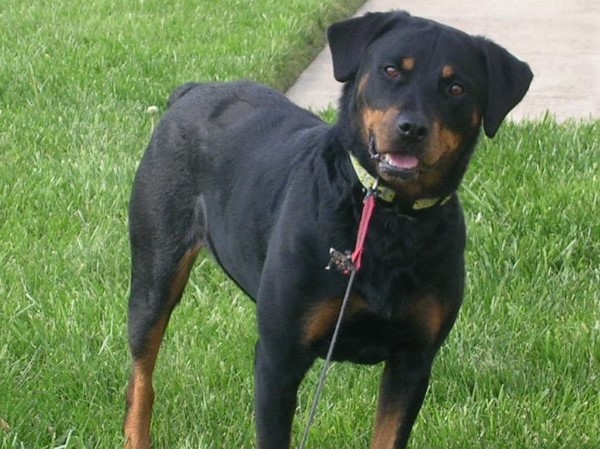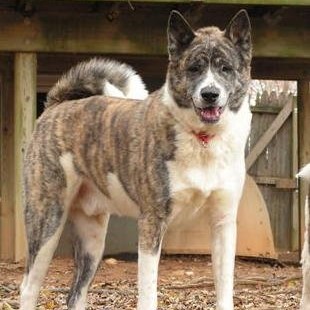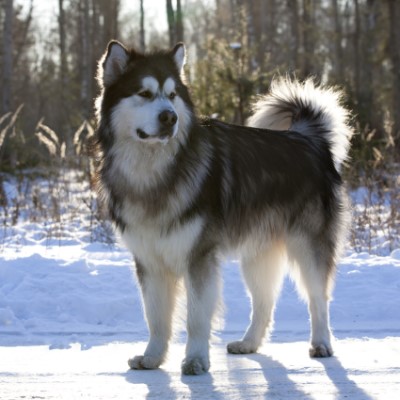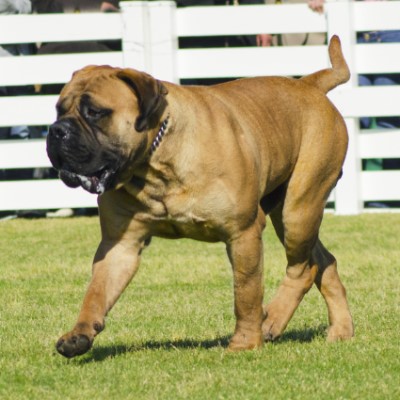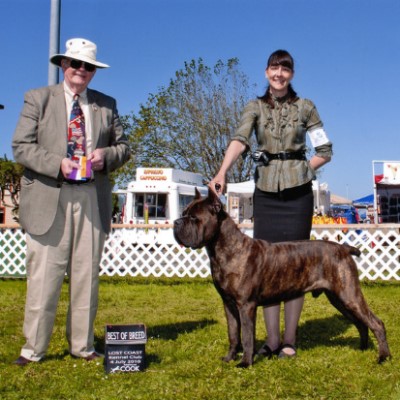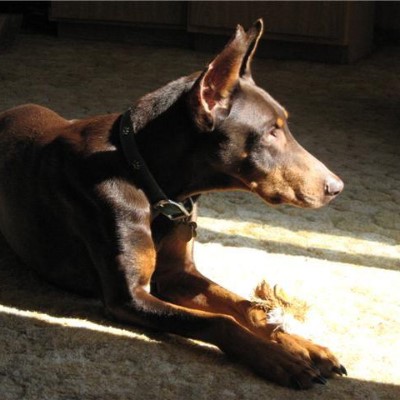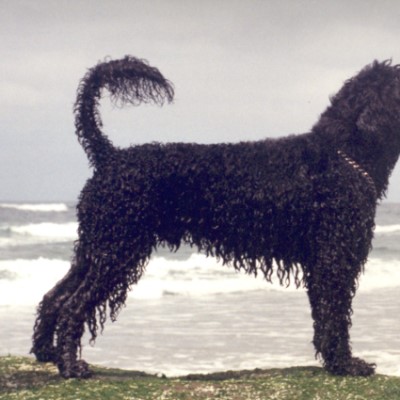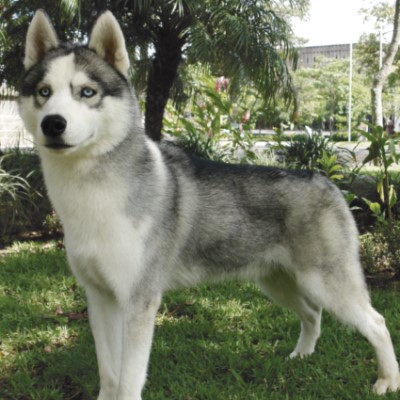Common Reasons for Surrender
The most common reason for surrender is people move and/or divorce. A second reason is, in this economy, there are people who had to move from their rented or owned homes and downsize into smaller living areas. A recent study showed dogs were given up to public shelters for behavior problems, but most rescuers and trainers agree that the problem usually lies in the lack of training rather than in the dog’s unwillingness to train.
Pros
The Rottweiler is known for his great sense of humor and can be enormously entertaining. Bred for centuries to work, a Rottweiler gets a great sense of satisfaction in working together with the owner. The Rottweiler trains for police work, therapy work, and service dog work. They are incredibly affectionate and simply love to be with their people. The Rottweiler is very protective, affectionate, and silly.
Cons
Rottweilers need socialization, and they’re heavy chewers. You may find that your Rottweiler’s personality changes as she grows. They tend to be playful as puppies but many find puppy behavior annoying as adults. However, Rottweilers do very well with bossy people. The breed does not like foolish, erratic behavior, and they don’t like drunks. Some owners say this dog is “a pain” the first two years, but as she grows into adulthood she becomes a wonderful family pet. The Rottweiler does not live long, and it can be very hard on the family when they go.
Rottweilers need a grain-free diet and do well on a raw meat diet. Meat protein is supplemented in between. Puppies can eat two cups of kibble, one in the morning and one at night. Adult dogs need less. Table scraps of meat and vegetables are acceptable, too.
Exercise
Ideally, the Rottweiler needs two hours of exercise minimum per day until he reaches three to four years of age. Owners sometimes schedule agility, obedience, and training classes to exercise their dogs. You can also pay someone to walk your dog.
Possible Health Issues
The largest cause of death to the Rottweiler is cancer, especially bone and lymphatic cancers. Other common health problems are hip and elbow dysplasia and cruciate ligaments (around the knee), heart disease, and entropian eye conditions.
Housing
The Rottweiler enjoys participating in farm work, but is essentially an inside family dog, and will do well with any active family that will exercise him and let him hang close to them throughout the day. Rottweilers thrive when they can live indoors with their family.
Grooming
The Rottweiler sheds regularly, so daily brushing and weekly nail trimming are recommended. She will need a bath once a month. A trained groomer is not necessary.
Training
A stubborn breed, Rottweilers require a firm but gentle hand during training. However, owners find Rottweilers easy to train because they love to please their people. Positive reinforcement means rewarding with praise or food or a walk, whatever motivates your dog the most.
Entertainment
Rottweilers enjoy any activity that includes the family. They can be trained to retrieve a ball and return it and some dogs love the water.
ADDITIONAL RESOURCES
American Rottweiler Club www.amrottclub.org
We want to thank Queans Rottweilers and Southern States Rescued Rottweilers for help with this profile.
